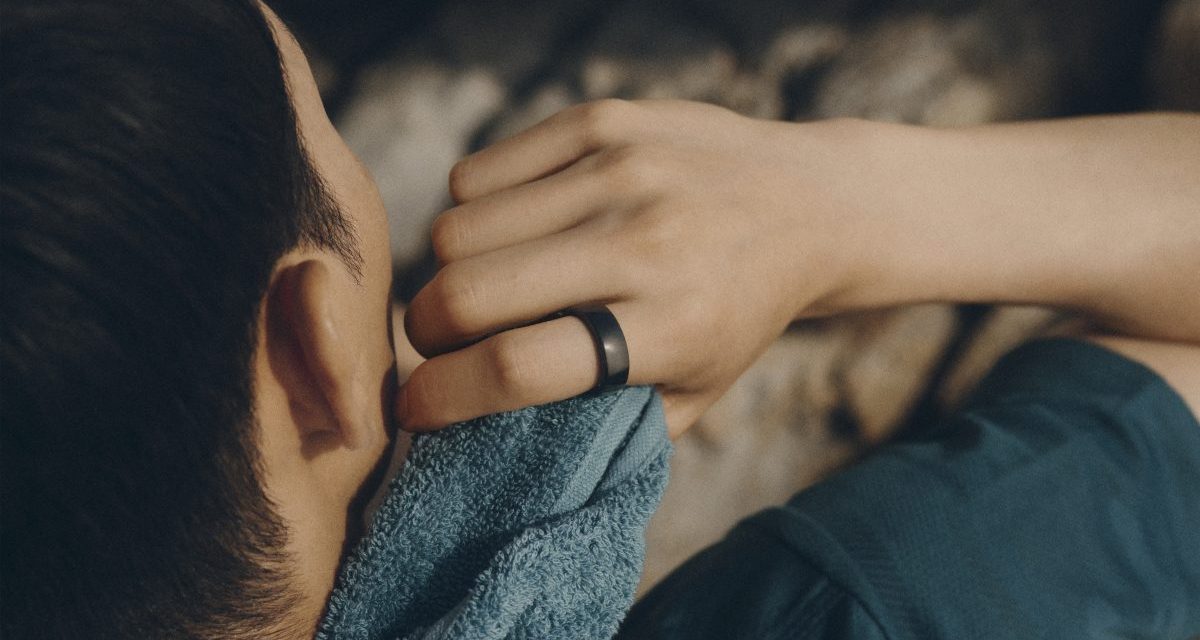Healthtech brand Oura launches in Target

Oura Ring is launching a new partnership with Target, the next step in the health tech brand’s retail expansion as it seeks to grow sales outside of its website.
Oura, which tracks over 20 biometric signals and makes the data available to users, will be sold Target.com and a select number of stores nationwide.
“They bring design-forward consumer brands to the masses, and we’re excited about growing and expand our customer base,” said Doug Sweeny, chief marketing officer at Oura. “It’s a very important part, as we’re growing in the mass retail category, that we educate and drive awareness.”
Target is the third addition to Oura’s new U.S. sales channels in the last year. It landed in Best Buy in April 2023 and launched on Amazon storefront in March. An 11-year-old Finnish company that initially earned a reputation as a sleep monitoring device, Oura has raised more than $350 million and is valued at $2.55 billion.
The company grew quickly following the Covid-19 pandemic when shoppers warmed up to in wellness tech products. Its parent company Oura Health brought in about 27 million euros in gross revenue in 2019, according to its Finnish financial filings, which grew to 96.6 million euros in 2021. For the year-long period beginning October 2022, the company reported 199.3 million euros in gross sales. It cut its losses from 77 million euros in 2021 to 41.4 million euros for the year-long period beginning October 2022.
By April 2022, the company has sold over 1 million rings. Oura also told Modern Retail that 60% of the ring unit sales at Best Buy of its products are sold in store.
Sweeny told Modern Retail the product is going live in Target after about a year of discussions. Oura has also expanded its features as the company has grown, adding more biometric monitoring like stress indicators and fertility monitoring.
Ad position: web_incontent_pos1
“This is part of our journey as we grow from an early adopter brand to something moving into the more mass and mainstream,” he said.
In addition to offering a $5.99 monthly app subscription for additional insights, Oura can integrate with other health, fitness or wellness-focused apps like Natural Cycles, Strava and Talkspace. This month, it also launched an in-app platform for its subscribers who want to help test new features.
More broadly, Oura’s growth and its mainstream presence point to more major retailers warming up to health tech brands. Especially during the onset of the Covid-19 pandemic, shoppers are showing increased interest in products and services that cater to their wellbeing. Health and personal care spending saw 8.5% year-over-year growth in 2023, the biggest jump in any category other than food service. In response, retailers like Target are delivering more products in the health space.
“It’s a big macro-culture shift that just happened, and I think if it wasn’t for the pandemic, we wouldn’t be in that situation,” Sweeny said. “At the highest level, what we do is take these complex signals from your body and boil them down to very simple tangible actionable things so you can create behavioral change in your life.”
Greg Carlucci, senior director analyst at Gartner, said shoppers are placing “a greater premium” on the value of health — which means more products available to meet their demands. “Consumers have become more aware of tools and resources that can help supplement their health, and physical stores having a solution is going to be popular,” he said.
Ad position: web_incontent_pos2
Amar Singh, principal analyst at Kantar who focuses on the health sector, said there’s significant “stickability” to wearables like Oura — particularly because of the constant stream of data collected. “Shoppers want more control of everyday health decisions, and they want empowerment,” Singh said.
Sweeny said Oura’s partnership with Target is “a signal for what they find interesting in the future.” In-person displays will include end caps in the consumer electronics departments that have multiple sizes and styles, as well as sizing information. It will also sell Oura’s sizing kits for $10, which come with a $10 gift card toward future purchases.
“If you’re buying anything in the jewelry space, you want to touch and feel it and see how it will look on your hand,” he said. “And there’s this very functional component, which is the sizing.”
He also said Target made sense as a partner because of its popularity with women and moms — who are the fastest-growing demographic of Oura users. Improved capabilities around cycle tracking and fertility monitoring have helped Oura market the product to women, while moms are often “captains of health care” in their family,” he said.
Looking ahead, Sweeny said future retail partnerships are likely on the horizon, especially as Oura looks to enter international markets. But he also said there are more product updates to be rolled out. “We have a roadmap that is packed with adding new features,” he said. “The product itself is a lot like a Swiss Army Knife, and it keeps getting better and better.”

